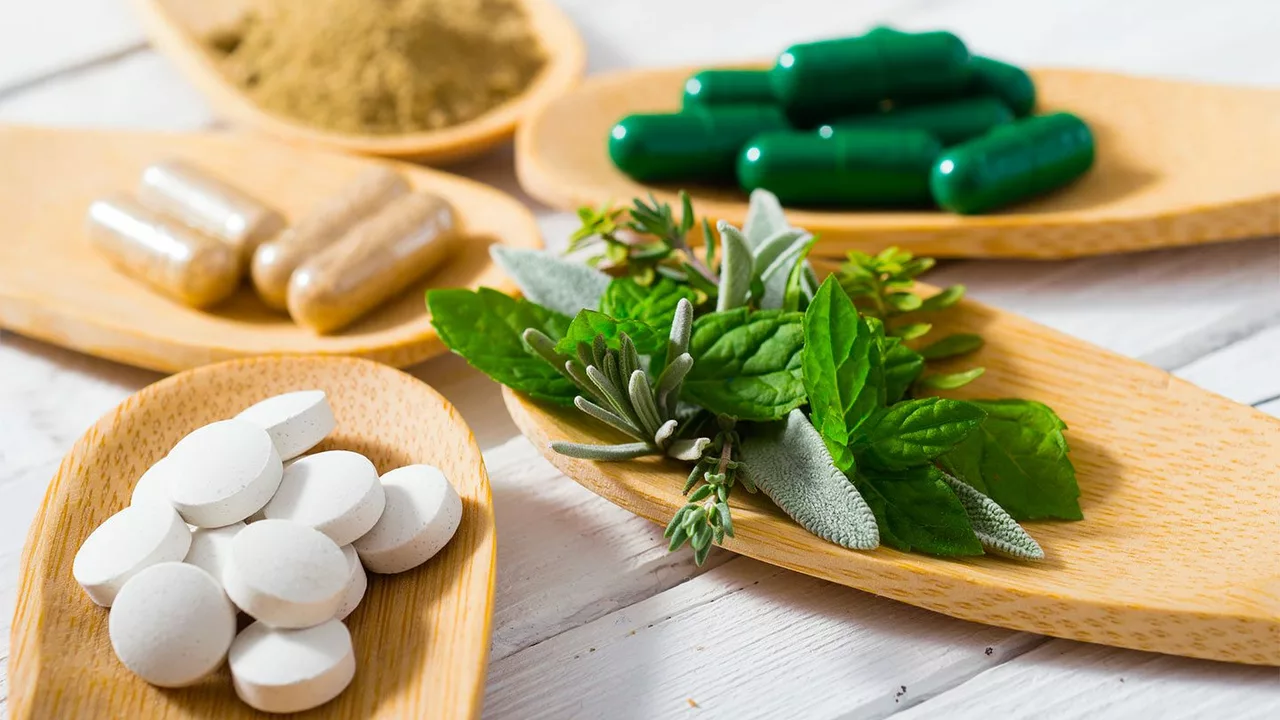Herbal supplements: what works, what’s risky, and how to shop smart
Herbal supplements promise a lot. Some help, some do nothing, and a few can cause harm—especially if you mix them with prescription meds. This page gives clear, practical tips so you can decide which supplements might help you and which ones you should avoid.
How to pick a safe herbal supplement
First, know what you want the supplement to do. Are you after better sleep, joint relief, or more energy? Match the product to that goal, then check the evidence. Look for clinical studies or reliable reviews. For example, glycine shows promise as a simple amino acid that can improve sleep and recovery—read our Glycine Supplement Benefits post to learn more.
Next, inspect the label. Avoid products with vague “proprietary blends” that hide ingredient amounts. Prefer brands that list exact doses and provide batch numbers. Third-party testing (USP, NSF, ConsumerLab) is a big plus—those seals mean the bottle likely contains what it says on the label.
Watch for red flags in marketing: dramatic promises, “miracle cure” claims, or celebrity endorsements instead of science. If something sounds too good to be true, it probably is.
Interactions, safety tips, and when to get help
Herbs can interact with common drugs. St. John’s wort lowers the effect of many prescriptions, including antidepressants and birth control. Turmeric and ginger thin the blood, which matters if you take blood thinners or are about to have surgery. Valerian and some antihistamines or antidepressants can add sleepiness. If you’re on statins, antibiotics, antidepressants, or blood thinners, check with a clinician before adding any herb.
Start low and try one thing at a time. Take a new supplement for a week or two while watching for side effects—stomach upset, headaches, allergic reactions, or changes in mood or sleep. Keep a short diary of dose and effects so you can tell your doctor exactly what happened.
Buy from reputable sellers. Avoid marketplaces that don’t show full contact info or return policies. Our Non-Prescription Viagra Alternatives article covers choosing safe OTC products—many of the same shopping rules apply to herbal options.
Special groups need extra caution: pregnant or nursing people, young kids, and those with serious illness should avoid self-prescribing herbs without medical advice. If you see unexpected symptoms after starting a supplement, stop it and contact a healthcare provider.
Want deeper reads? Check our posts on Glycine Supplement Benefits, Alternative and Complementary Therapies for Juvenile Arthritis, and articles about drug interactions like statins and sleep. Use supplements as tools—not magic fixes—and always pair them with a little common sense and professional advice.

The benefits of herbal supplements for urinary tract spasms
In my recent exploration, I've discovered the wonderful benefits of herbal supplements for treating urinary tract spasms. These natural remedies, such as Cramp Bark and Saw Palmetto, have shown promising results in reducing spasms and inflammation. They are also beneficial in boosting urinary health and preventing such issues in the future. What I find most appealing is their minimal side effects, making them a safer alternative to conventional medicines. Trust me, anyone struggling with urinary tract spasms might want to consider herbal supplements for relief.
